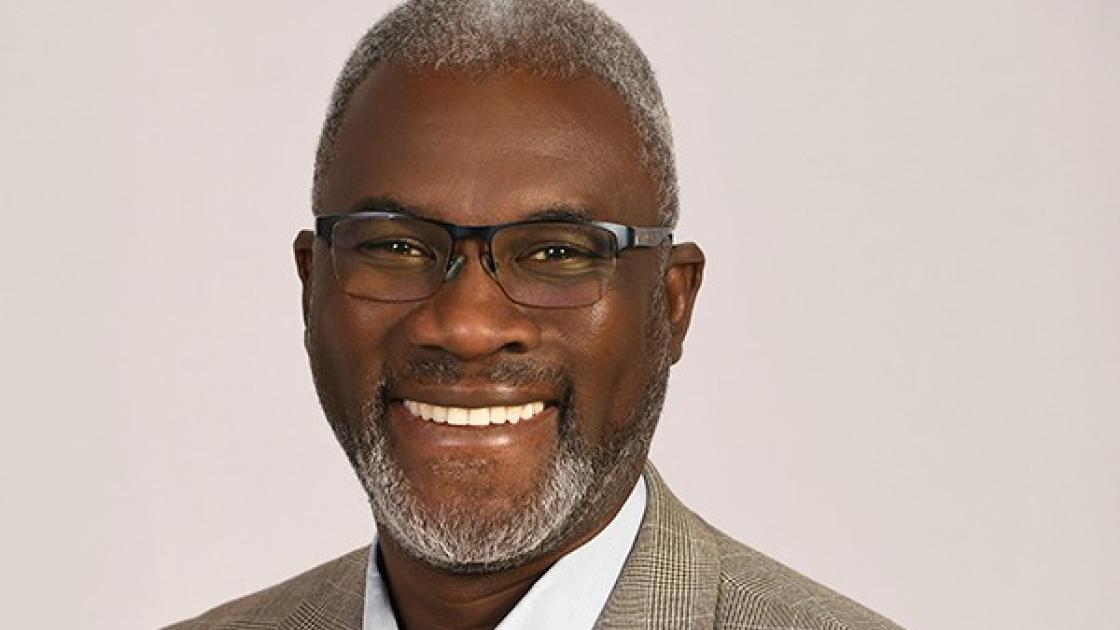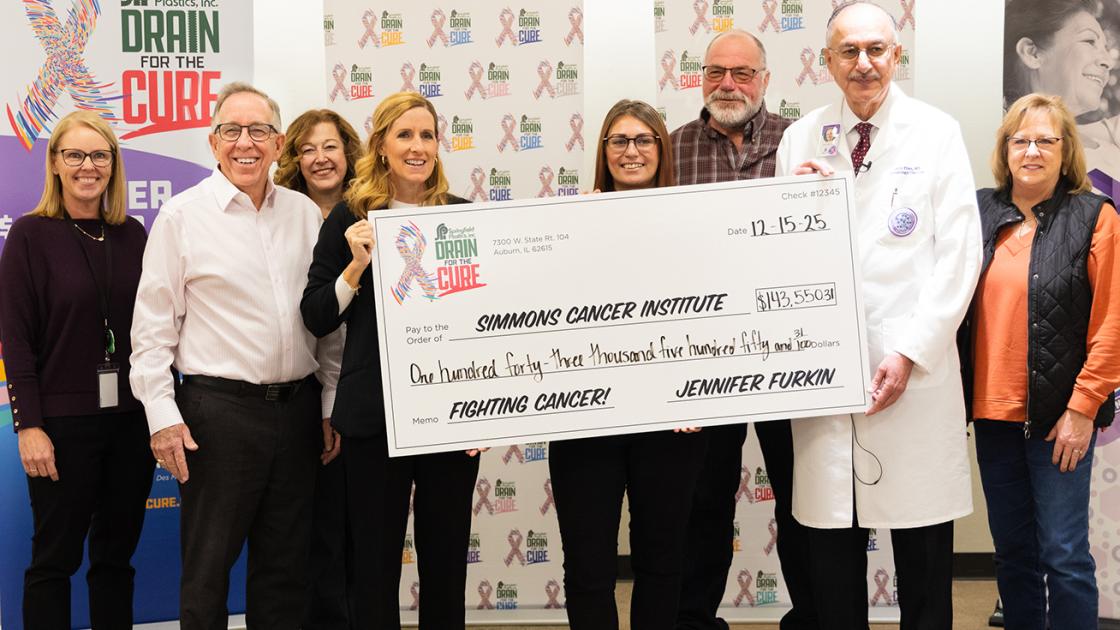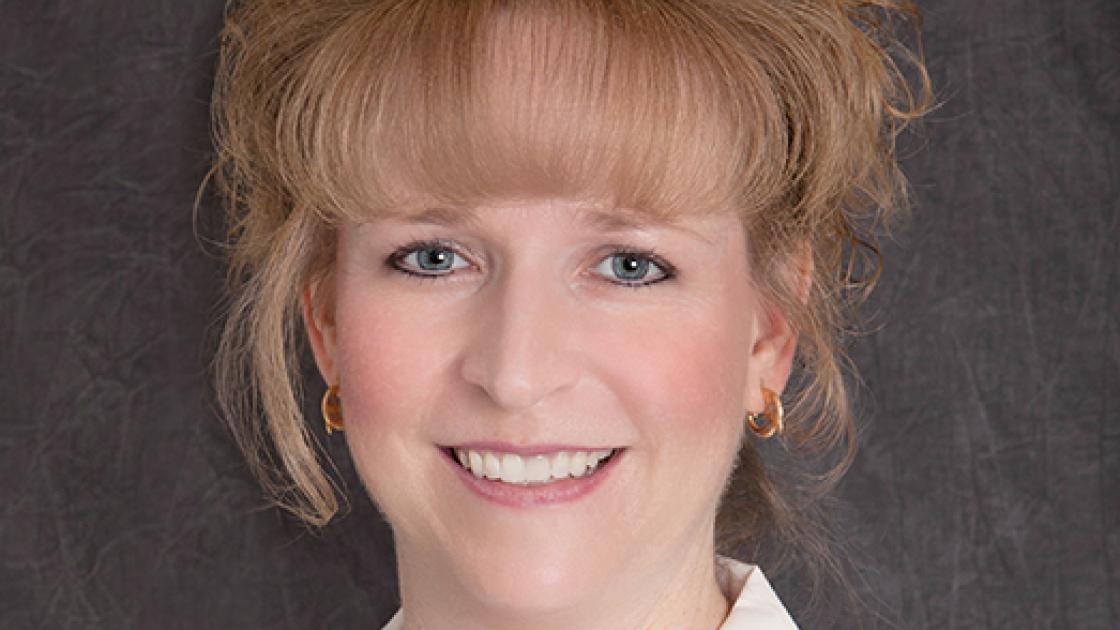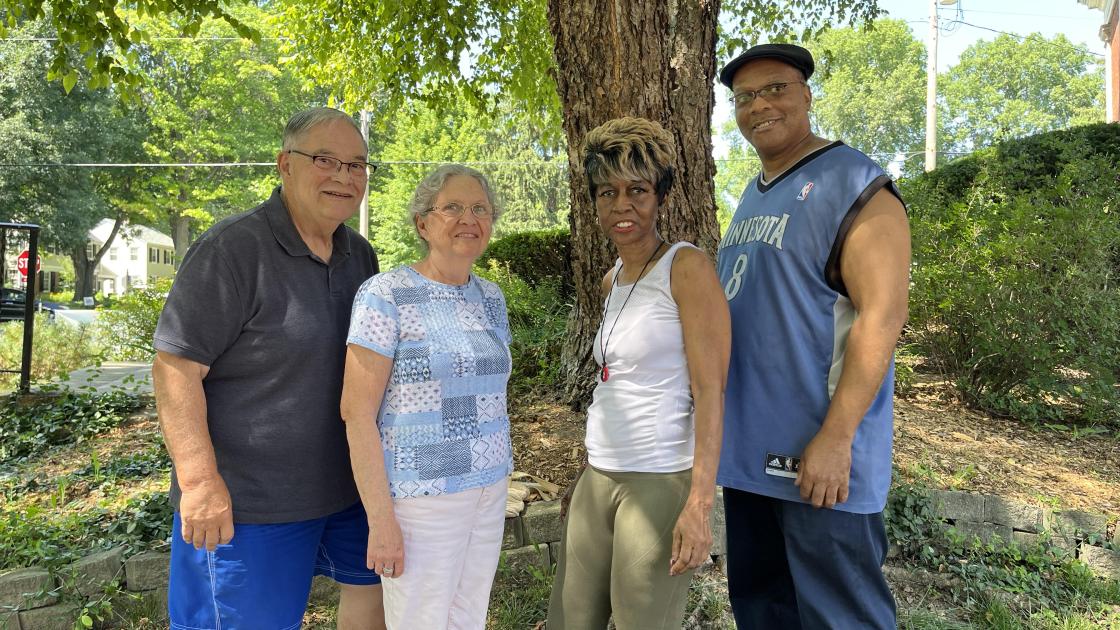
Like one of the family
Through Smith Alzheimer's Center outreach programs, participants have found camaraderie, compassion
It didn’t take Chris Burns long to realize he found something special.
Looking for more resources to help with caregiving, Chris searched high and low around Springfield. He took a caregiver class that helped provide some information, but that only made him hungrier for more knowledge.
At one of the visits to the Smith Alzheimer’s Center with his partner, Mary Ann, their clinician suggested trying some of the Center’s year-round outreach programs.
Minds in Motion hooked in Chris. He and Mary Ann became regulars and he started making compilations of jazz music for other participants to take home and enjoy. It was an opportunity to give back and show his appreciation for the programs.
“It’s like you’ve known these people your whole life and you just met them,” he said. “It’s the type of family atmosphere that it is. I love it.”
For 34 years, Julie Grisham worked as a nurse and clinical nursing professor in Chicago-area hospitals. On her feet all day, she thought Stepping Up, an exercise and strength-building program, would be enjoyable. But she was attending more for her husband Tom, who suffers from memory loss.
“The class exceeded expectations because for me, I was always very physically active,” she said. “I worked 12-hour days, so I felt I was pretty fit, but I found that it’s still a benefit.”
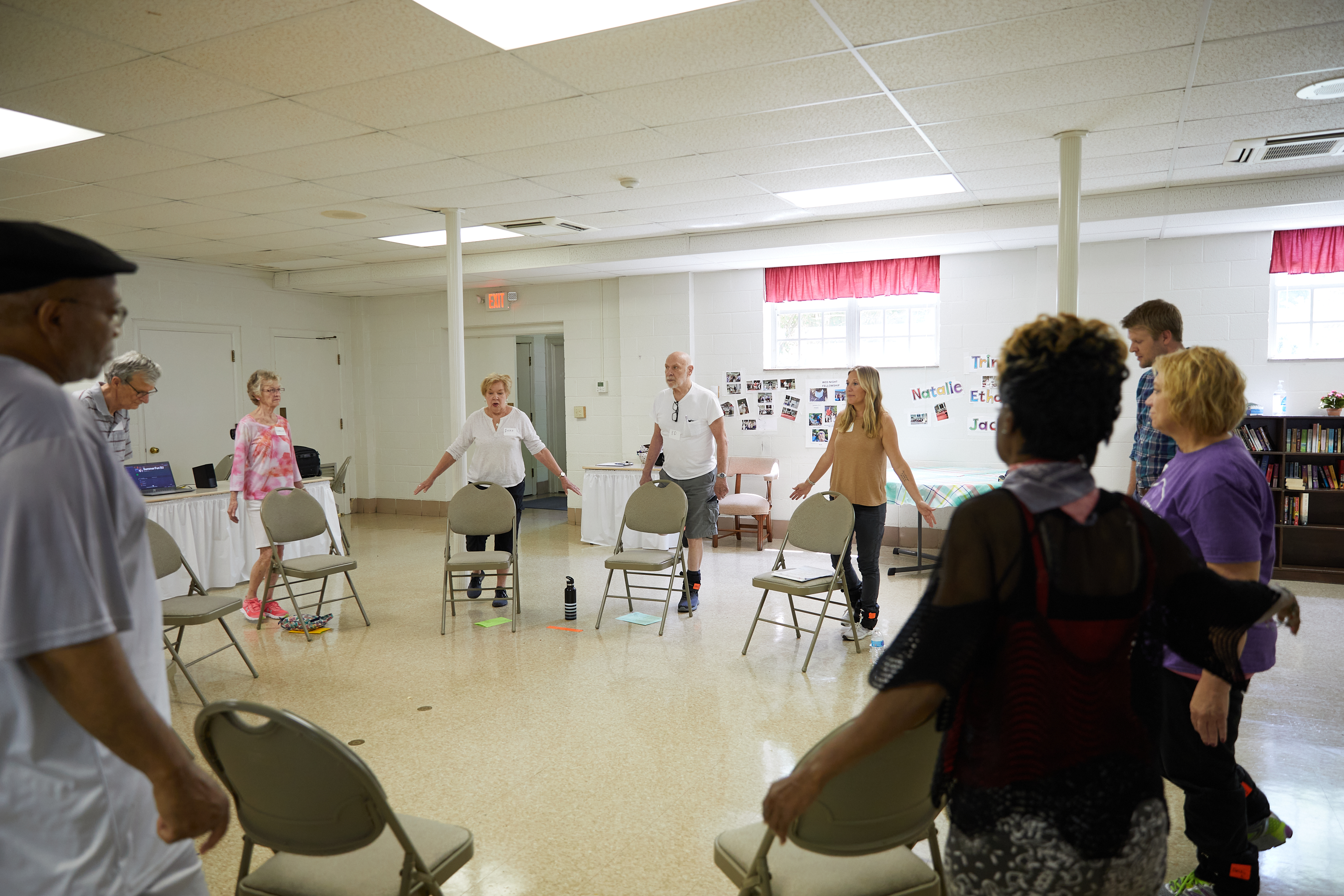
Building lower-body strength and expressing themselves though art and music is joyful. And having programs available from the Smith Alzheimer’s Center, one of three state-designated Illinois Alzheimer’s Disease Assistance Centers, is something Julie feels very fortunate to be a part of.
But what’s been transformational is creating invaluable bonds and friendships.
“We’ve had opportunities to get together outside of the program,” Chris said. “The program’s bringing us together, having another family that you can go to, somebody to talk to when you have a problem. It’s beautiful.
“To have someone there when things get a little challenging and a little rough, you got several people you can go and talk to, and you get quality advice on how to deal with that situation.”
Chris and Mary Ann are transplants from Chicago, and while Julie and Tom grew up in the area, few connections were left when they moved back in September 2021. Both couples joined the Beyond the Medical Center programs that same year when the programs started returning to in-person classes.
For Julie, having other caregivers like Chris to share her thoughts and observations with has been a blessing because they comprehend the toll dementia can take.
“It feels like a lifeline for us, because we really don’t know anybody in the area,” Julie said. “I moved here because I have a family member close; but otherwise, Tom doesn’t have any family except our two children. Really, I can’t imagine life without this.”
“You got us now, don’t worry about that,” Mary Ann added.
For many health issues that require a caregiver, social network size shrinks. For dementia caregivers, that network shrinks further. Add in the COVID-19 pandemic and social isolation greatly increased. And while society is moving toward more social interactions, not every interaction is positive for caregivers of those with Alzheimer's.
"It’s so important to us that everyone has been so respectful and kind. Retired adults are often not valued by younger people, especially if they have any physical difficulties,” Julie said. “Watching people respond to Tom's memory loss and some aphasia has been difficult, but these programs provide a place where there is understanding and acceptance.”
With the opportunity to return in person, the programs have unlocked moments of connection and happiness for folks like Tom and Mary Ann. Apprehensive when first starting Stepping Up, Mary Ann now encourages others to dance and exercise. “It’s a lot of fun.”
For Tom, Stepping Up’s use of music unlocks some of the most cherished moments from his youth. His parents were musicians, and those memories are top of mind after a class.
“When I was probably 10-12 years old, they were taking me everywhere with the band,” Tom said. “They had a band that really rocked everything they had. I was in the back seat and they were going somewhere. That’s the kind of thing I enjoyed.”
Those kinds of stories aren’t uncommon. As participants share the meaning behind their drawing in Art Express or summer vacation memories in Minds in Motion, it creates a tight-knit, family atmosphere as participants invite others into their world.
“These programs give you the opportunity to get close to that person because they share something very personal. It’s beautiful,” Chris said. “The staff here, they bring that out of you. I feel like I gain something from each and every one of these programs.”
Mary Ann nodded. “Love and happiness.”

